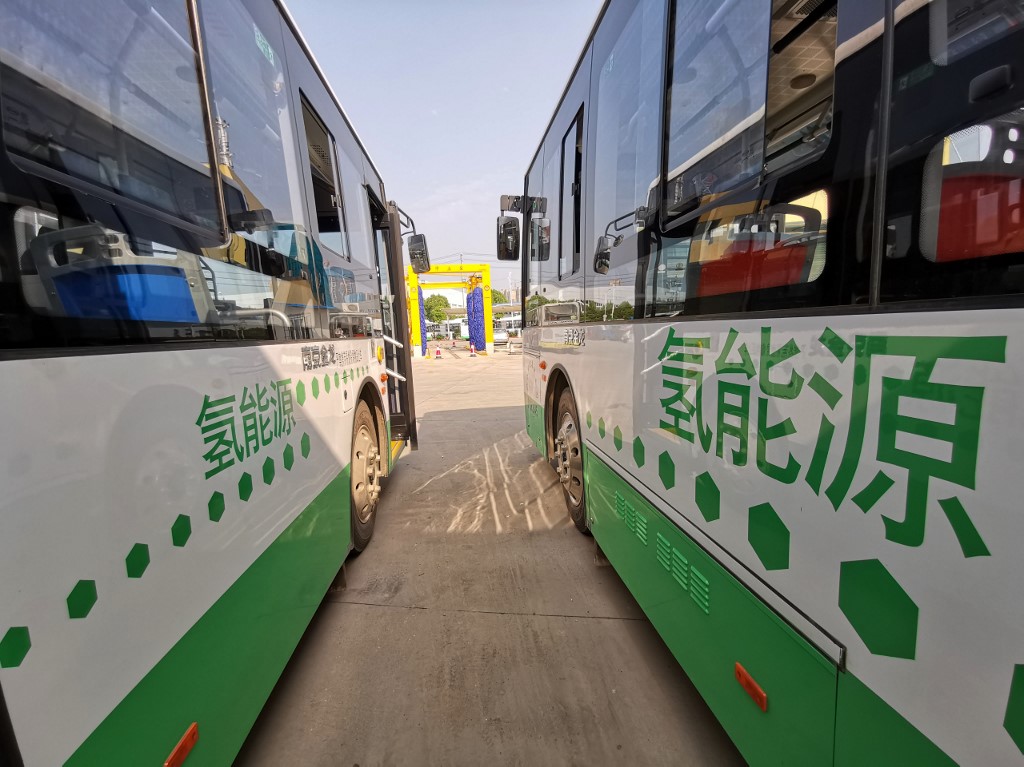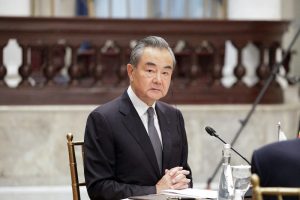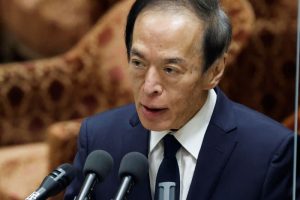(ATF) Chinese officials have announced a plan to make all public sector vehicles electric, a move that would help boost an industry that the government has identified as key to sustaining the future economy.
Ma Chunsheng, a top official with the Ministry of Industry and Information Technology, announced the government initiative at the 2020 China Automotive Forum, saying it would be part of China’s new super-modern infrastructure planning.
The “Action Plan for Promoting the Electrification of Public Sector Vehicles” has basically taken shape and is ready to carry out pilot demonstrations, Ma said.
Financial plans are also ready, he said.
READ MORE: Chinese electric carmaker bucks trade war trend by applying for US listing
China is the world’s largest buyer of new energy vehicles (NEVs), with domestic companies including BYD and XPeng, as well as local units of international brands such as Tesla, putting 2.58 million cars on Chinese roads last year. China also has the largest charging network in the world, and controls 82% of all fast-charging sites.
The nation has identified the electrification and interconnectivity of roads and cities as part of its new-infrastructure plans to consolidate the economy’s recovery from the devastation of the coronavirus downturn. That’s helped reverse a decline in the sector’s fortunes when officials ended subsidies on NEVs earlier in the year, sparking a sharp slump in sales.
Affected by the epidemic, sales of new energy buses from January to June 2020 were 18,247, a 46% year-on-year decline. According to industry insiders, with the accelerated development of NEVs on a global scale, increasing external competition, and increasing market pressure, the government move would expand domestic consumption and production. Already, cities including Shenzhen have installed all-NEV bus and taxi networks.
Pollution cuts
Emissions controls and green development are very important and of practical significance, Ma said. Big cities in China have very high pollution levels, a large proportion of which is caused by diesel lorries and vans. Meanwhile, a large number of petrol-fuelled cars have removed pollution-limiting catalytic converters to increase petrol efficiency. If all are eventually replaced by electric vehicles, pollution levels should drop significantly, Ma said.
China’s NEV market is yet to fully recover from the coronavirus shock or the reduction in consumer incentives. Tesla said its sales of cars in China fell 24% in July. Nevertheless, analysts have a rosy outlook on the market, following XPeng’s planned New York listing and rival Li Auto raising $1.1 billion in an IPO in the US last month.
In terms of stocks, Shanghai Securities News points to Yutong Bus: The company is the leader in sales and production of large and medium-sized passenger vehicles in China. In 2019, the firm’s market share in the new energy bus market was 27.2%.
The paper also points to Zhongtong Bus, whose main business is passenger car manufacturing.
In the first half, the company’s sales of new energy buses was 2,028. In addition, Zhongtong Bus is one of the earliest companies in the industry to deploy hydrogen fuel cell technology. That’s been helped by the development of solutions to durability and low-temperature cold-start problems that have restrict the large-scale promotion of fuel cell vehicles.






















